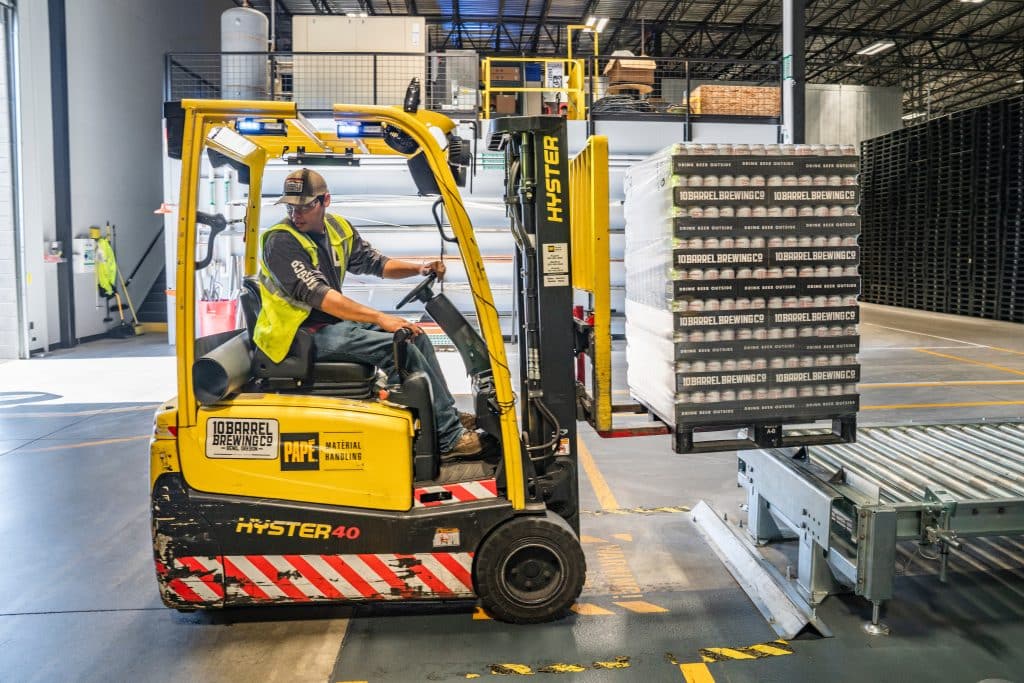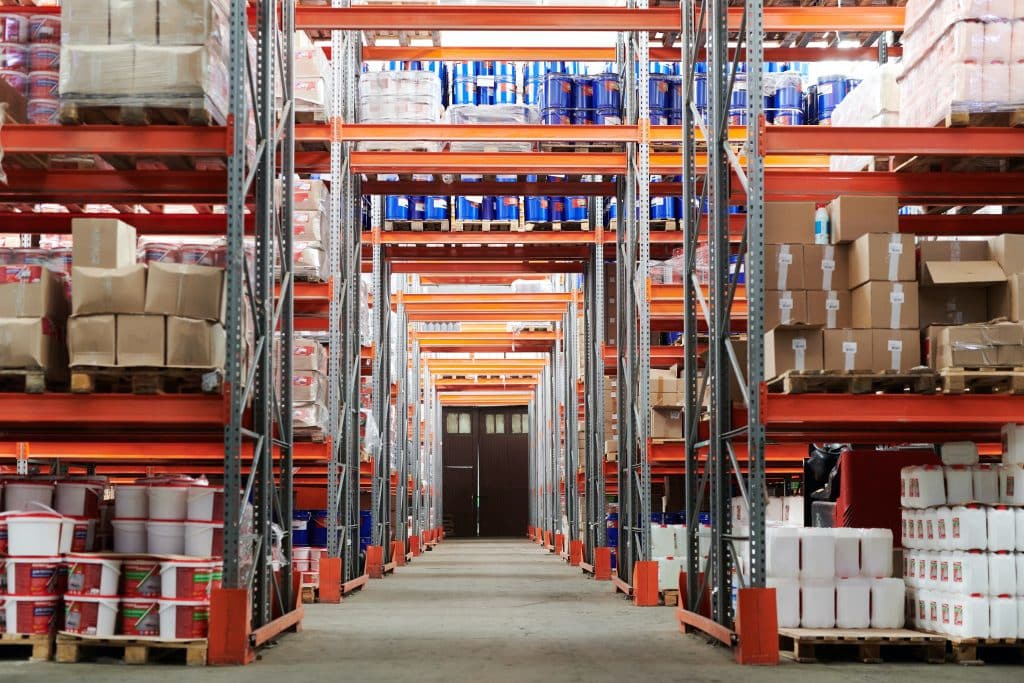The warehousing business is a lucrative one, which has grown exponentially in the past few years. It’s also a very challenging one to enter and maintain success with because of its high-risk nature and strict regulations. To make sure you have the best chance at being successful in this industry, it’s important to know about some of the most important aspects of the warehousing business before investing any money into it. In this blog post One Warehousing Brisbane has gone over some of these best practices along with tips for making sure your operation stays compliant from an operational standpoint as well as how you can prevent any legal issues that may arise through negligence or ignorance.
Have an efficient and organized system
The warehouse, along with the given Hydraulic material handling, is one of the most important cogs in the supply chain. If you don’t have a well-organized, purposeful layout with room optimization and effective labeling systems, then it doesn’t matter how efficient software or technology are – you’re not going to be making any progress. Your company will eventually go under due to lost profits as customers start jumping ship for better services elsewhere.

Organizing a warehouse efficiently is admittedly more difficult than it seems. Every decision should be taken with the intention of increasing performance, optimizing space, lowering costs, and delivering excellent customer service. Consider hiring third-party services – although this is expected to minimize the risks and simplify the process inside your team, it is advisable to require contractors liability insurance to protect both parties from possible costly damages along the way.
While most warehouse organization ideas concentrate on the initial setup and configuration, warehouse organization is a continuous process. To ensure consistency, develop processes for marking products when they reach receiving and conducting routine inventory counts. You should also review your inventory organization on a regular basis, particularly if your warehouse layout is focused on velocity.
Ultimately, keeping your warehouse clean is important for warehouse organization. Clearing aisles of clutter not only improves performance, but it also improves safety. Before the end of each transfer, make sure that anything that comes into receiving is packed away in the correct storage locations, and that all packaging materials and other products are put away or properly disposed of.
An optimized storage process
Warehouse storage optimization is one of the most difficult challenges that warehouse operators and managers face. It can have costly effects if not done correctly, such as blocked aisles, lost stock, and low productivity.
Thankfully, incorporating effective pallet storage systems into your warehouse layout can help address these challenges by ensuring goods are organized and accessible. Proper pallet storage maximizes the use of vertical space, reduces clutter, and prevents common bottlenecks.
Likewise, investing in tools such as a Warehouse Management System (WMS) can help identify what storage methods work best at each location while making analyzing space usage much easier than before. With a WMS, you can evaluate whether pallet storage, floor stacking, or automated solutions are the most suitable for specific areas of your warehouse, ensuring maximum efficiency and adaptability as your business grows.

Make safety a priority
There are many advantages to warehouse protection that are often ignored. Safety protocols are often disregarded in a number of workplaces due to a lack of time, energy, or the ability to save money by cutting corners. When safety policies are properly enforced, however, there are significant benefits such as increased employee satisfaction and efficiency. Making sure that your safety practices are up to date and employees are protected at work will keep injuries from happening and increase the productivity of employees. It’ll also decrease equipment downtime, which saves you time in the long run. It would also be wise to invest in Contractor Insurance.
As a warehouse storage provider, you are in charge of items that belong to someone else. Any harm or actual physical loss of the property under your possession needs insurance coverage for a bailee company like yours. If damage or failure occurs during any of your warehousing activities, you are responsible. When such unforeseen events occur, it’s best to have an adequate warehousing insurance coverage to be able to recover. To learn more about warehousing business insurance, you can visit SmallBusinessLiability.com.













Leave a Reply